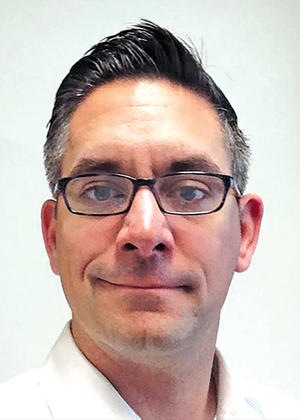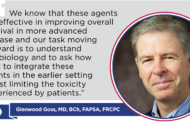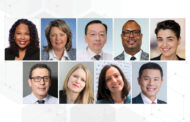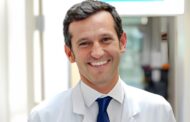By Monte M. Winslow, PhD
Posted: February 2018
Over 4 rainy days in San Diego, California, more than 220 participants from 15 different countries heard presentations that spanned a very wide range of basic, translational, and clinical lung cancer research. This joint conference between the IASLC and the American Association for Cancer Research (AACR) was driven by the attendees’ deep interests in gaining a better understanding of all stages of lung cancer pathobiology. Truly hitting on multiple aspects of bench-to-bedside science, many presentations showed the clinical progress of observations made years ago through basic science.
The content of the meeting covered many aspects of lung cancer initiation, evolution, diagnosis, treatment, and interaction with the tumor microenvironment. Th e diverse and high-quality presentations were followed by vigorous question and answer periods, which were one of the highlights of the meeting. An overarching theme of the meeting seemed to be heterogeneity at all levels. From differences in individual mutations to overall mutation burden, a greater understanding of these differences is leading to better patient treatment. Better biomarker stratification is leading to greater treatment precision in the clinic and to a deeper basic understanding of the mechanisms by which these alterations drive diff erent aspects of carcinogenesis, and how this might, in turn, contribute to future clinical advances. Presenters also highlighted our lack of understanding of the molecular and cellular events associated with the earliest stages of disease, as well as the heterogeneous and diverse role of the noncancer cells within lung tumors.
As part of the conference, committed students and trainees presented interesting and relevant posters on a range of topics. This “next generation” of lung cancer biologists seemed particularly motivated, with a keen sense of urgency and the resilience needed to make major advances in basic, translational, and clinical lung cancer research.
The diverse and high-quality presentations were followed by vigorous question and answer periods, which were one of the highlights of the meeting.
–Monte M. Winslow, PhD

Meeting Chair Charles Rudin, MD, PhD, of Memorial Sloan Kettering Cancer Center, summarized the meeting by saying, “As in prior years, this has been a great meeting, providing intellectual fodder for all attendees. Basic cancer researchers gained perspective on the clinical successes and challenges of lung cancer therapy, [and] clinicians got a glimpse into emerging biologic insights that may soon help them better treat patients in the clinic.” Featuring the widespread exchange in information and ideas among attendees, this conference has not only increased our knowledge of diff erent aspects of lung cancer research but, importantly, it has led to new collaborations, new concepts, and an increased sense of global community driven by our common goals. ✦
About the Author: Dr. Winslow is co-chair of the conference and Assistant Professor in the Department of Genetics at Stanford University School of Medicine.






